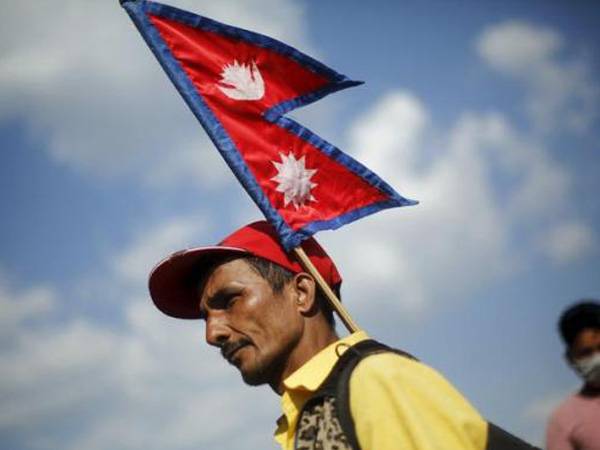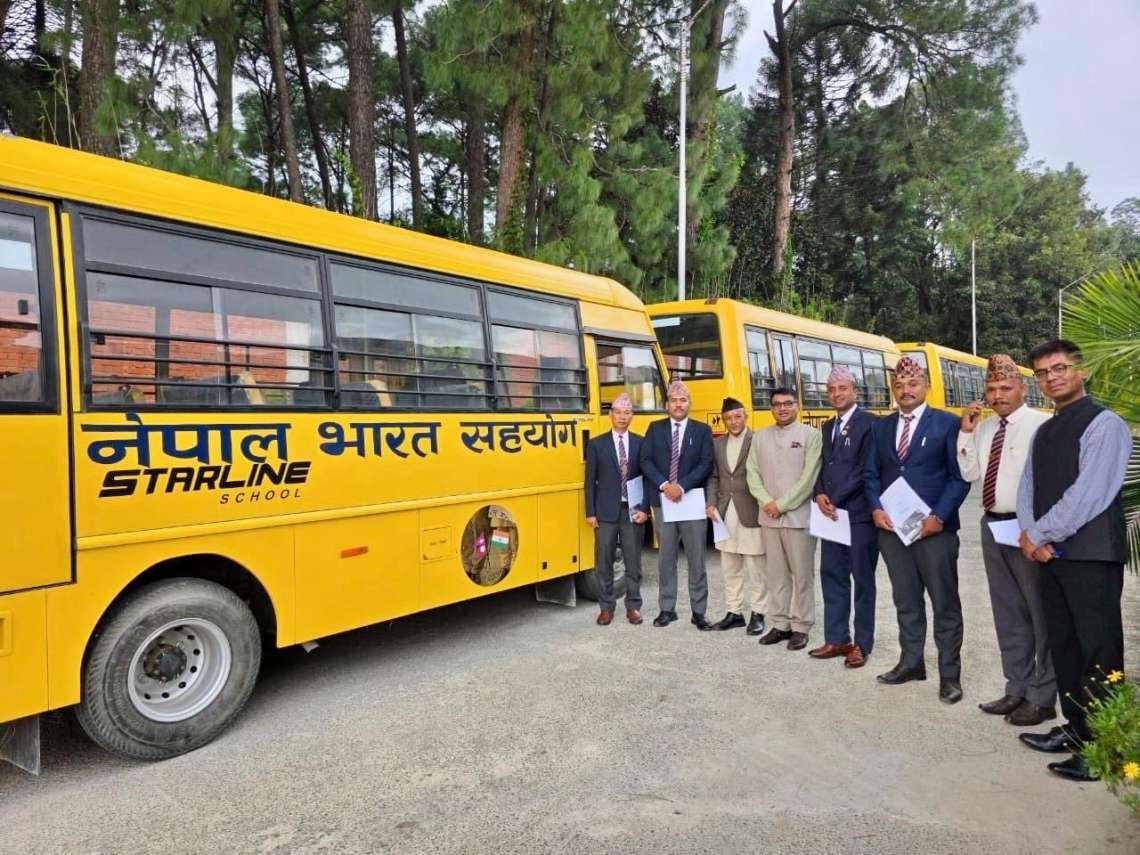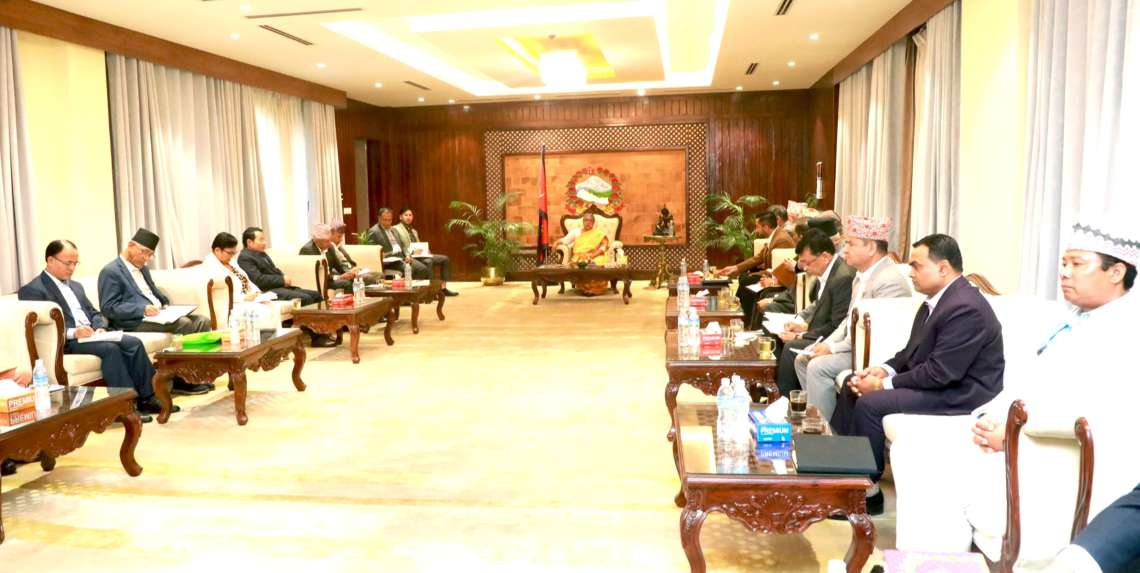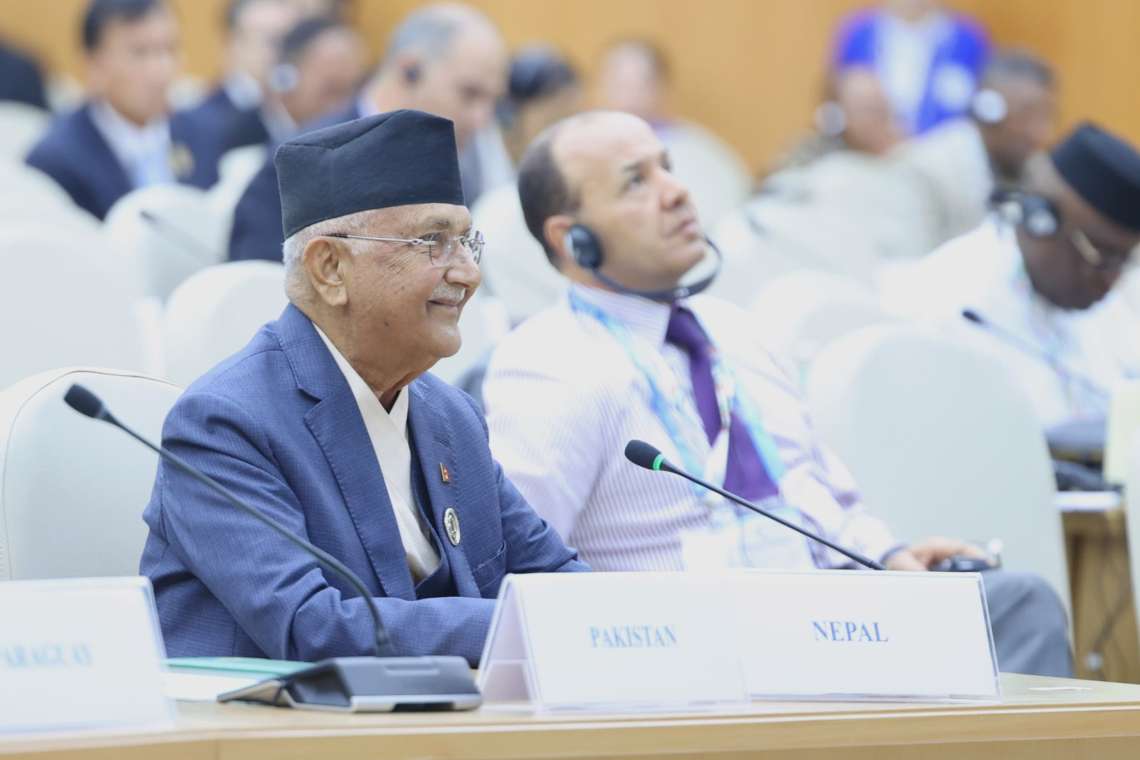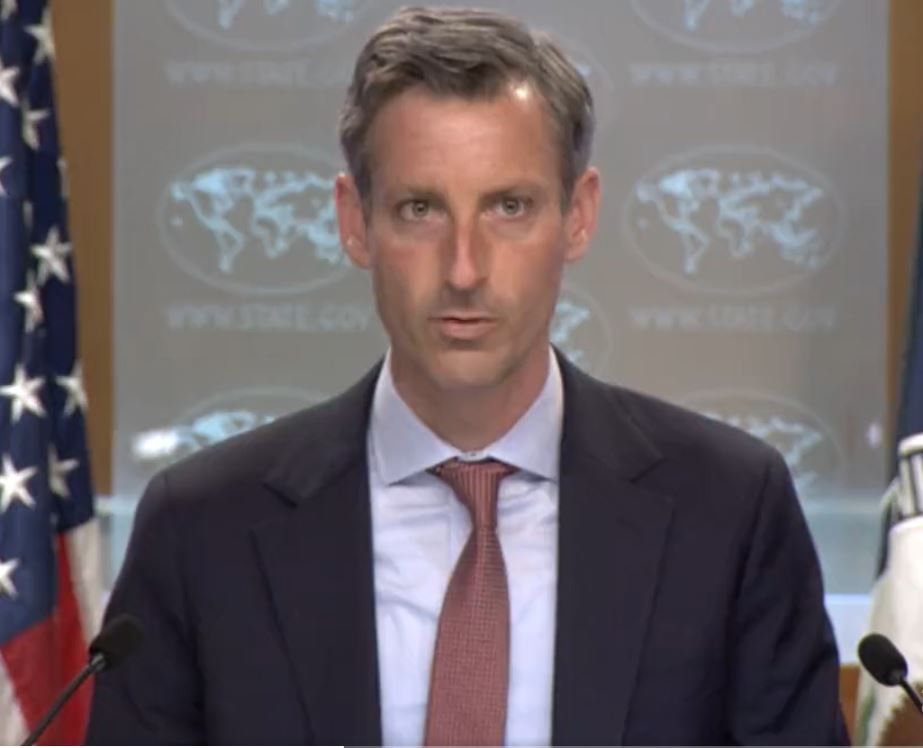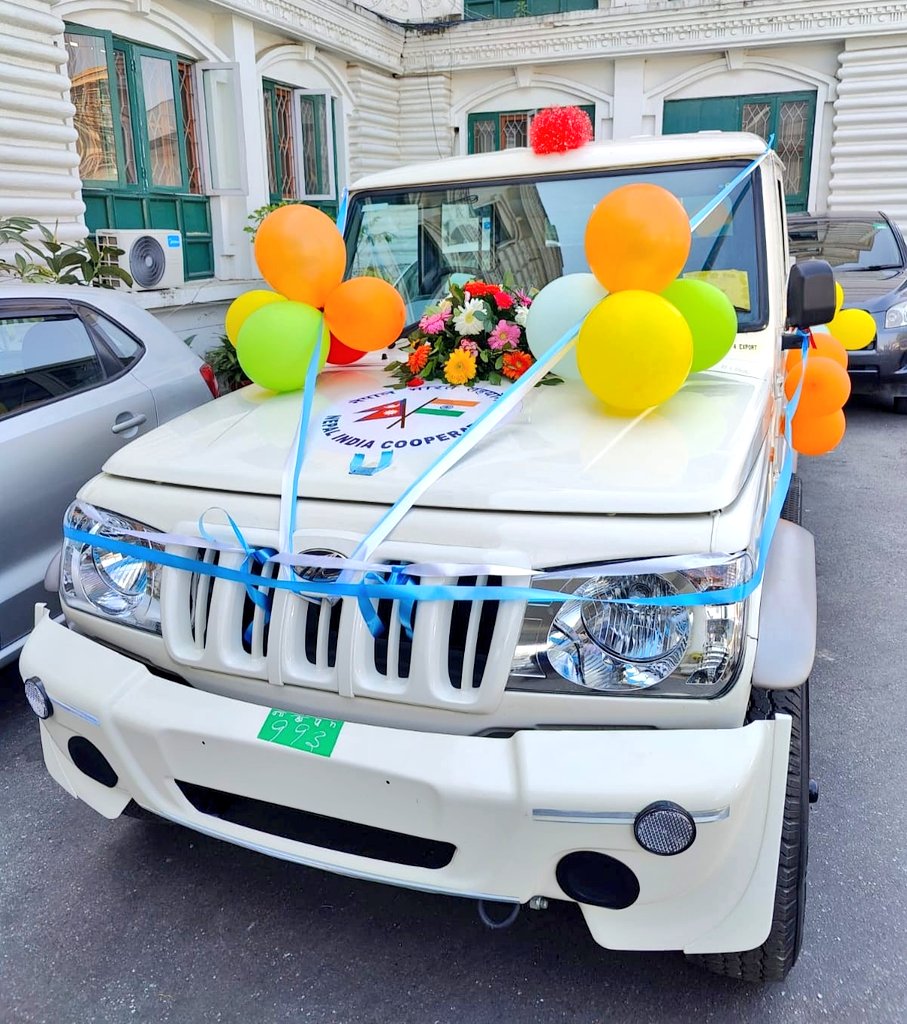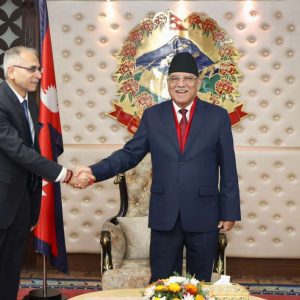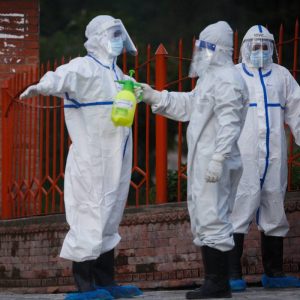Significant changes have taken place in the political theatre when compared to the first general election held five years ago in 2017…reports Asian Lite News
With winnability as the sole criteria, all major stakeholders’ have resorted to opportunism, not ideology, the bane of politics in the Himalayan nation for quite some time. It has become pronounced on election eve though.
Political activity is gaining momentum in Nepal as November 20 elections to Federal Parliament and all the seven provincial legislatures draw closer, reported policy research group, Poreg.
Filing of nominations for the 165 First Past the Post (FPTP) seats in the 275- member House of Representatives, the Lower House of the bi-cameral Parliament is over.
The remaining 110 seats will be decided on a proportional representation basis, for which political parties have already presented the list of their candidates to the poll body. The state assemblies account for 330 seats in all, reported Poreg.
Prominent leaders of all political parties from the ruling as well as opposition alliances had rushed to enter the fray on October 9, the last day for nominations as the Election Commission did not accept their demand for extending the date because of the Dashain festival.
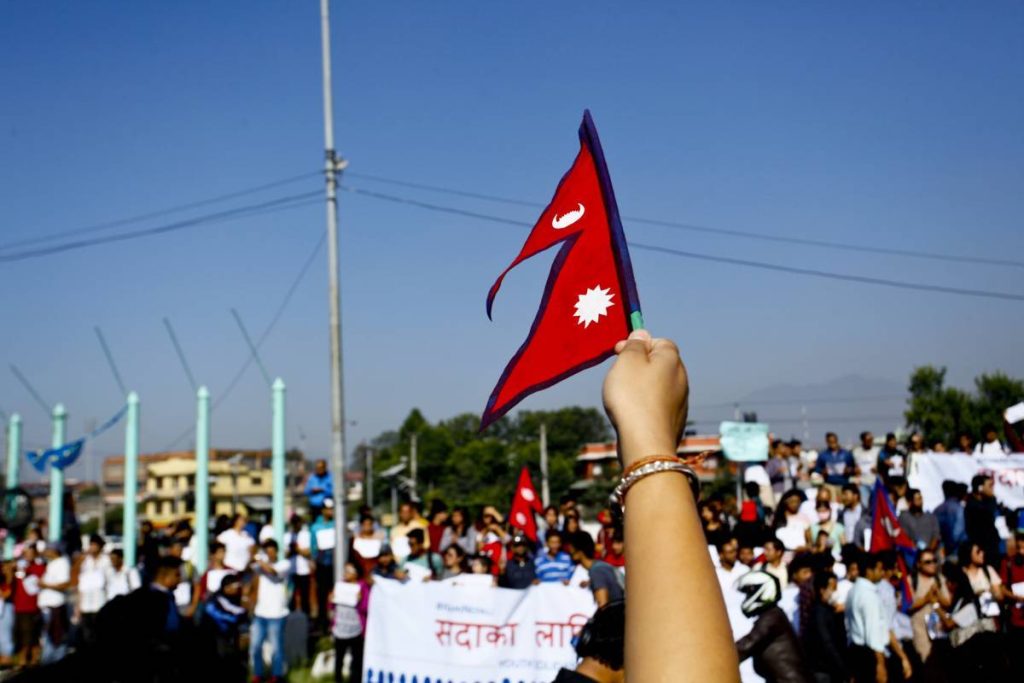
Significant changes have taken place in the political theatre when compared to the first general election held five years ago in 2017.
Firstly, the ruling, as well as the Opposition mainstream parties, have formed two distinct alliances, unlike the last time when every party went solo. Hardly any seat-sharing arrangement was there then. In fact, whatever little tie-ups existed did not work at the hustings. The scene is different now, reported Poreg.
The nationalist rhetoric, which is usually mounted in every election is missing this time. Instead, there is much mudslinging and the two alliances accusing each other of nepotism, corruption, misgovernance and erosion of democratic values.
After much haggling, brinkmanship politics and public display of frayed tempers for over a month, the ruling alliance reached an understanding on seat sharing but not before one of its constituents, Janta Samajwadi Party, JSP, walked out piqued over its seat share, reported Poreg.
The JSP has since joined hands with its ideological opponent CPN (UML) -led alliance. Another party, Loktantrik Samajwadi Party, LSP, hobnobbed for an electoral alliance with the Communists, giving a go-by to its ideology, but when chips were down, closed ranks with the ruling alliance.
JSP and LSP are Terai-based Madhesi parties. Like most other Terai parties, both have lost much of their raison d’etre and will have to struggle hard at the hustings. JSP has 17 seats while LSP has 14 in the outgoing Parliament, reported Poreg.
The Five-party ruling alliance- led by the Nepali Congress of Prime Minister Deuba includes CPN-Maoist Centre, CPN (Unified Socialist), Rastriya Jana Morcha and Loktantrik Samajbadi Party.
The main opposition, CPN (UML) has forged an electoral alliance with the Janata Samajbadi Party that has switched sides just before nominations closed. The Rashtriya Prajatantra Party and some fringe parties will try to restrain Nepali Congress from garnering a majority vote in the Terai region which is a pollster’s delight.
The region accounts for nearly 54 per cent of the country’s population but consists of only 23 per cent of the total land area providing a concentration of voters in booming cities and large hamlets alike and thus making campaigning and mass contacts easy, reported Poreg. (ANI)


